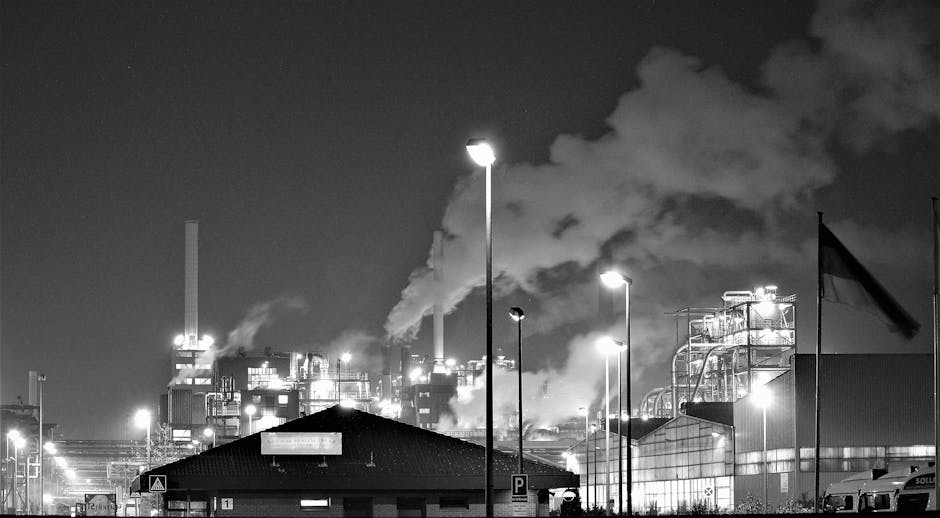Global warming refers to the gradual increase in the Earth's average surface temperature, primarily caused by human activities that release greenhouse gases into the atmosphere. These gases, such as carbon dioxide, methane, and nitrous oxide, trap heat from the sun, leading to a rise in global temperatures. The consequences of global warming are far-reaching and pose significant threats to our planet and its inhabitants.
The burning of fossil fuels, such as coal, oil, and gas, is the primary source of greenhouse gas emissions. The use of these fuels for energy production and transportation releases vast amounts of carbon dioxide into the atmosphere. Deforestation, the clearing of forests for various purposes, also contributes to global warming. Trees, through photosynthesis, absorb carbon dioxide and release oxygen, thus acting as carbon sinks. When forests are cleared, the carbon stored within the trees is released, contributing to the greenhouse effect.
Rising global temperatures have led to a cascade of environmental impacts. Extreme weather events, such as hurricanes, heat waves, and droughts, have become more frequent and intense. The melting of glaciers and polar ice caps has resulted in sea-level rise, threatening coastal communities and ecosystems. Changes in precipitation patterns have disrupted agricultural practices and water availability, leading to food shortages and water scarcity in some regions.
The effects of global warming extend beyond environmental concerns and have significant implications for human health and well-being. Heat-related illnesses, respiratory problems, and the spread of infectious diseases are all linked to rising temperatures. Climate change also poses a threat to food security, as it can affect crop yields and livestock production.
To mitigate the impacts of global warming, it is crucial to reduce greenhouse gas emissions. This can be achieved through transitioning to renewable energy sources, such as solar and wind power, and improving energy efficiency in various sectors. Promoting sustainable land use practices, such as reforestation and responsible agriculture, can also help sequester carbon and reduce emissions.
Adapting to the effects of climate change is also essential. This includes investing in infrastructure that is resilient to extreme weather events, developing early warning systems, and implementing disaster management plans. Climate change education and awareness are vital to foster public understanding and encourage individual and collective action towards mitigating and adapting to global warming.
By understanding the causes and consequences of global warming, we can take informed actions to address this pressing challenge. Reducing greenhouse gas emissions, transitioning to sustainable practices, and adapting to the changing climate are crucial steps towards protecting our planet and ensuring the well-being of future generations.

